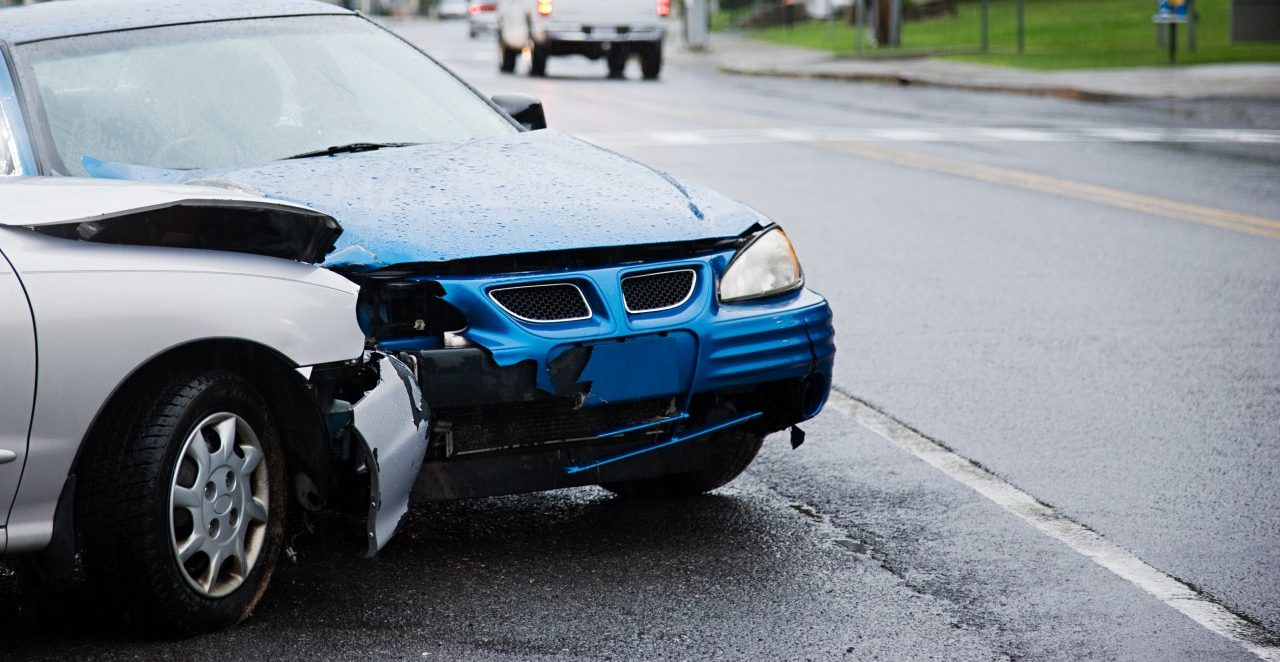Sleeping Pills Can Cause Traffic Crashes

Try to rest for at least 7 hours before you hit the road. But don’t rely on sleeping pills — they can increase your risk of wrecks. Here's what you should know.
It happens all the time — you’re under the gun at work, maybe with a new boss or a difficult assignment. You’re staying at the office late, fretting in bed, and having difficulty sleeping, then leaving early in the morning, exhausted. You figure you’ll deal with work stress better if you can just get more sleep. So, you ask your doctor for a prescription for sleeping pills.
About 9 million Americans (4 percent of U.S. adults) take sleeping pills, for any number of reasons. But if you have a new prescription and need to drive in the morning, be careful you don’t become a statistic due to a non-alcohol kind of D.U.I. — “driving under the influence” of sleep meds.
New users need to closely monitor the effect of prescribed sleeping pills on their driving and take precautions, which includes aiming for at least 7 hours of rest before you get behind a steering wheel.
YOU MIGHT ALSO LIKE: Why Am I Tired All the Time?
Which sleeping pills increase your risk?
Multiple studies have shown the most popular prescription sleeping pills increase your risk of a car crash. Zolpidem (Ambien, Ambien CR, Edluar, Zolpimist, and sold as a generic), however, appears to be riskiest. It belongs to the class of drugs known as central nervous system depressants, medications that slow the nervous system, including decreasing reaction time.
One large study found that taking zolpidem increased your chances of being hospitalized for major injuries. Other research found that emergency room (ER) visits after bad reactions to zolpidem increased 220 percent a few years after the drug first hit the market.
Most of the ER patients were women age 45 or older. As the number of prescriptions of the drug increased over the years — along with accidents — the U.S. Food and Drug Administration (FDA) ordered that drug manufacturers cut in half the recommended zolpidem dose for women, based in part on research showing that zolpidem stays in the bloodstream of many females at levels high enough to affect a morning drive, raising accident risks. The agency recommends a dose of 5 milligrams for immediate-release, or 6.25 milligrams for extended-release.
The FDA suggests men take the lower dose, as well. In fact, the FDA informed manufacturers of drugs containing zolpidem that sleeping pill labels should recommend that healthcare professionals consider prescribing the lower doses for men, too.
It makes sense for everyone who uses sleeping pills to take as few as necessary. It turns out, that while drowsiness the next day is already a common and well-known side effect listed on the drug labels of all insomnia drugs, the FDA warns people who take insomnia drugs can experience impairment of their mental alertness in the morning — even after they think they feel fully awake. And that can cause wrecks.
It’s important to be aware that not only zolpidem sleeping pills can present dangers for drivers.
Washington University researchers examined the records of all adult drivers in a particular state health plan to see if drivers with prescriptions for sleeping pills had more wrecks over the course of five years than drivers not using the meds. The research team found drivers who had received a new prescription for zolpidem in those five years more than doubled their chance of a car crash than people who didn’t take sleeping pills.
It wasn’t just zolpidem sleep aids that increased the risk of car crashes.
Taking the prescription insomnia drug temazepam (a medication in the benzodiazepine class of anti-anxiety drugs, sold under the brand name Restoril and others) increased the risk of a wreck by 27 percent.
What’s more, using the sleep aid trazodone (an antidepressant drug sold under several names, including Oleptro and Trazodone D) almost doubled the odds of a traffic accident.
These risks make driving under the influence of sleeping pills equivalent to blood alcohol concentration levels between 0.06 percent and 0.11 percent. The legal limit in all states for blood alcohol is 0.08 percent.
What you can do
Instead of a prescription sleeping pill, what else can you do to get enough sleep if you suffer from insomnia?
You might try taking a .5 mg melatonin supplement several hours before your usual bedtime. Consider, however, that melatonin supplements aren’t regulated by the FDA; one study found that many melatonin supplements purchased from grocery stores and pharmacies contained contaminants.
But before you reach for any sleep aid, whether a prescription drug or a supplement, you should first take a full inventory of your habits.
- Do you need more exercise?
- Do you wake up with heartburn?
- Stay away from the refrigerator and electronic devices, including TV, well before your bedtime.
- Make sure you have a regular bedtime, and stick to the routine on weekends. Ideally, you should be able to wake up without an alarm.
- If you need to make up for lost time, try napping during the day rather than sleeping late in the morning.
If you find yourself getting sleepy long before your bedtime, do something mildly stimulating that doesn’t require electronics: washing the dishes, calling a friend, or laying our clothes.
Updated:
November 22, 2022
Reviewed By:
Janet O’Dell, RN